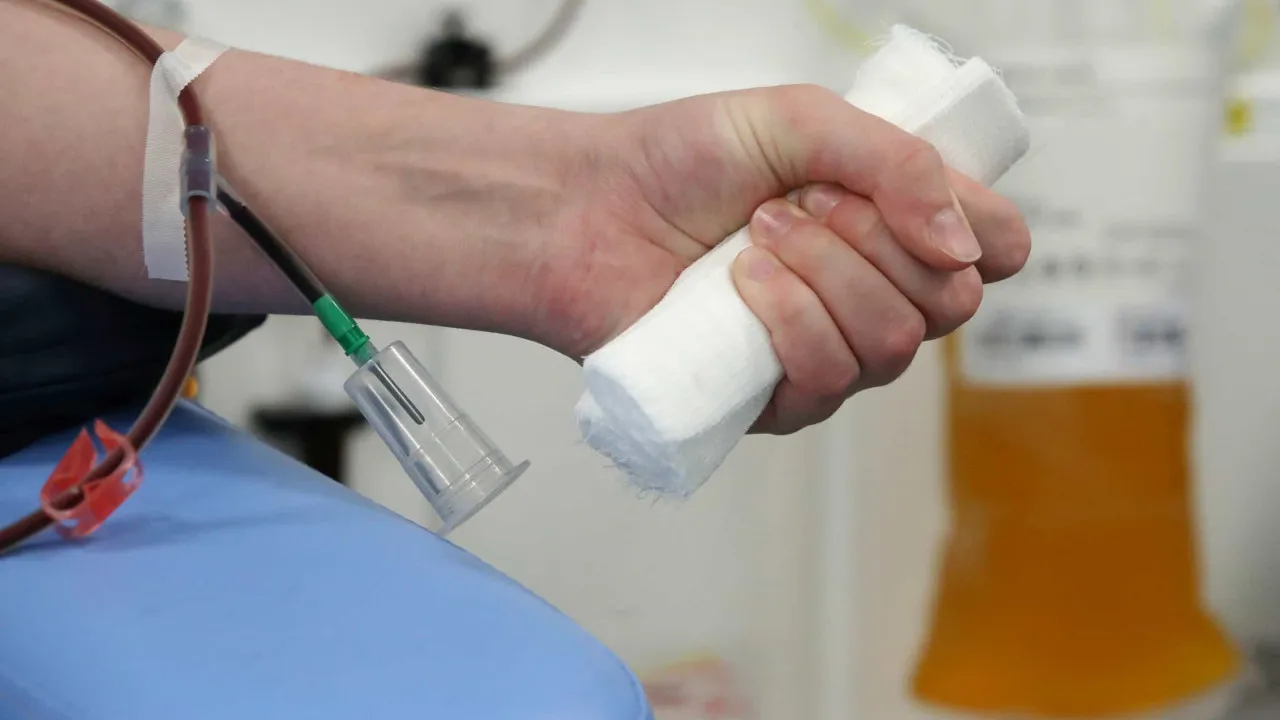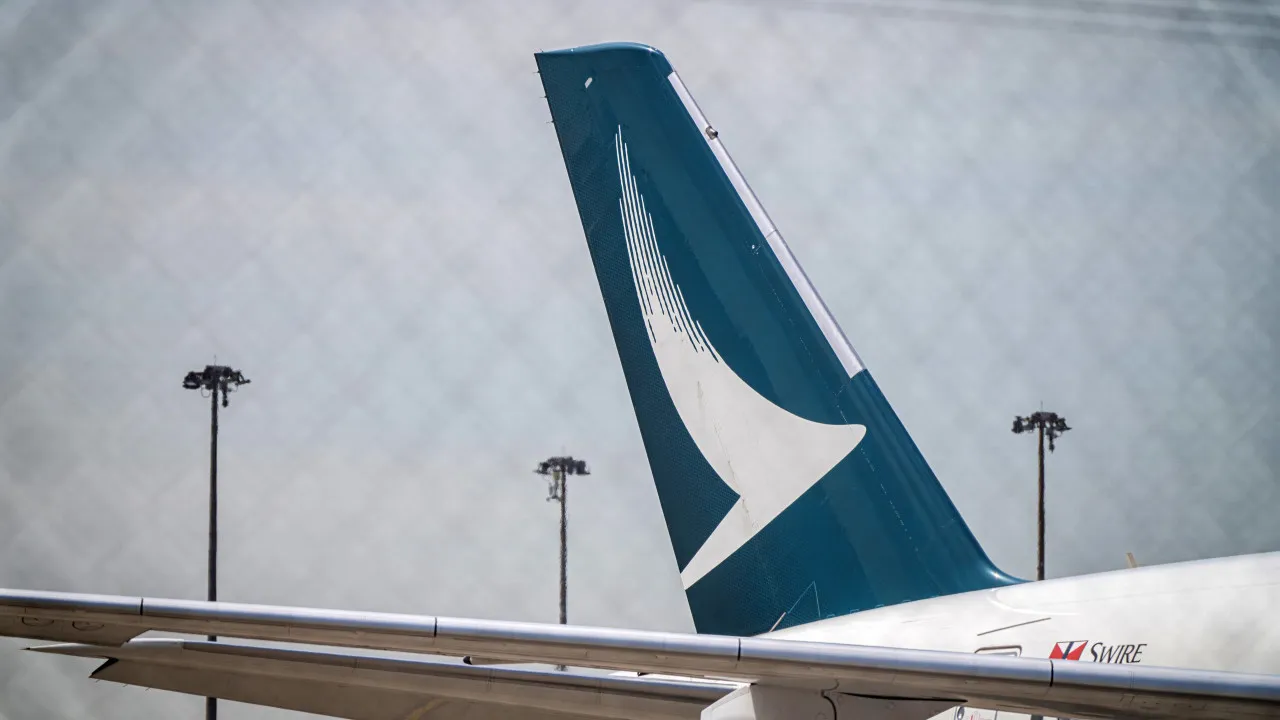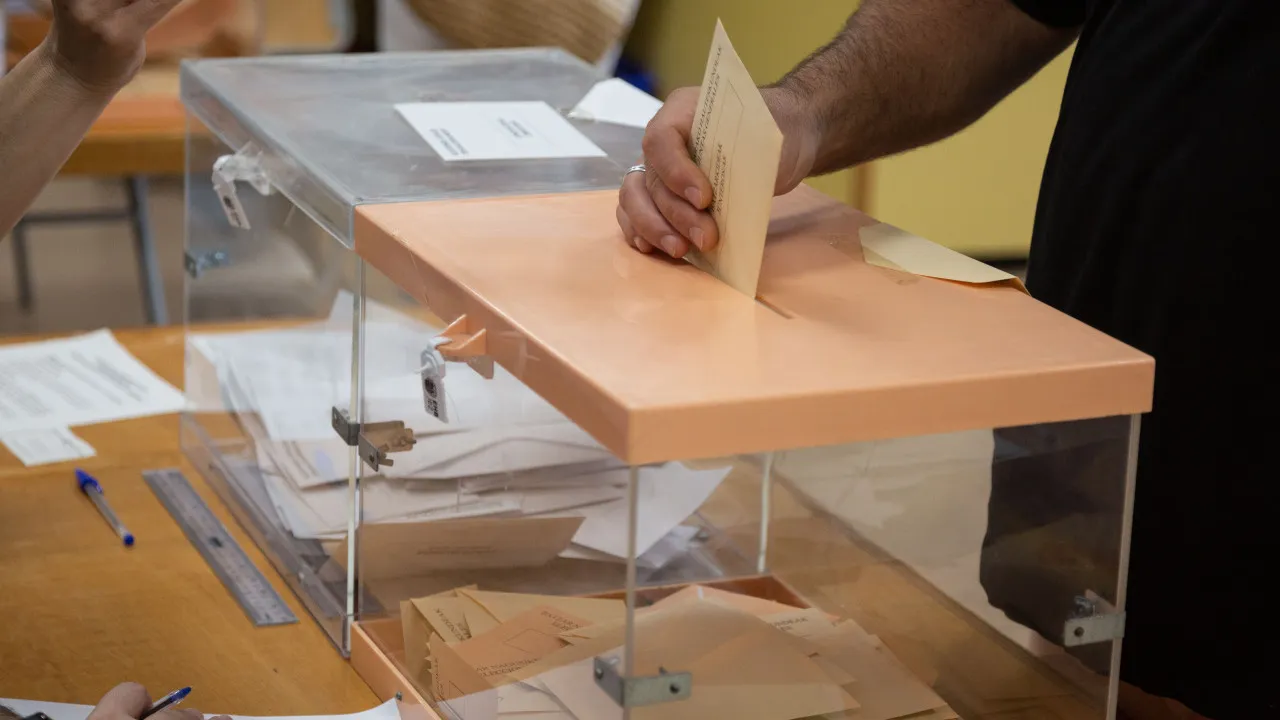
The president of the Portuguese Federation of Voluntary Blood Donors (Fepodabes), Alberto Mota, expressed concerns over a campaign initiated by the IPST involving promotion of blood donations on the “Cartão Jovem” social media. This campaign offers free stays at Youth Hostels to young donors.
“If you are between 18 and 30 years old and donate blood between August 11 and 16, we offer you a night at the Youth Hostels. You will be helping to save lives and can also have a new experience,” states the promotional post, which the federation criticizes.
Alberto Mota argues that the IPST operates with “double standards” by giving material incentives to young donors while regular donors remain unacknowledged.
“A donation is considered voluntary and unpaid if the individual donates blood, plasma, or cellular components of free will and does not receive any monetary compensation or anything that could be considered a substitute for money,” he asserts.
Mota, therefore, does not accept the IPST’s actions regarding a right that was revoked for blood donors in 2011, the right to a day off during donations.
He lamented that the IPST, responsible for around 65% of the blood collections in Portugal, still lacks a strategy to increase blood reserves and encourage regular donors.
“We have often said: the IPST no longer has any strategy regarding blood donation in the country and is increasingly distancing itself from the associative movement, hospitals, everyone,” he stated.
The federation recalled a petition signed by about 7,600 citizens, submitted to the Assembly of the Republic to reinstate the right to time off on the day of blood donation, a right that, according to him, the IPST claimed ignorance of during the parliamentary health committee.
“The president [of IPST] even claimed ignorance, stating that [the right to the day off] had ever existed. This is false because everyone knows that until 2011 this right existed,” which was removed following the ‘troika’s’ intervention, said Alberto Mota.
He stressed the importance of restoring this right so that individuals “could go at any time of the day” to donate blood, given the shortage of health professionals at the institute and collection points in the country.
In his view, the promotion the IPST is conducting among young people is divisive, creating “first-class and second-class” blood donors.
He noted that GNR military personnel have this right, and it also exists in Madeira. “On the mainland, donors are second class. And now, the Institute is making this mistake again.”
He suggests it is time for the IPST “to calm down” and “engage those who value the volunteer movement and the hospitals, to develop a strategy” rather than “sporadically putting out fires, as has been happening.”
The agency contacted the IPST but has not yet received a response.




